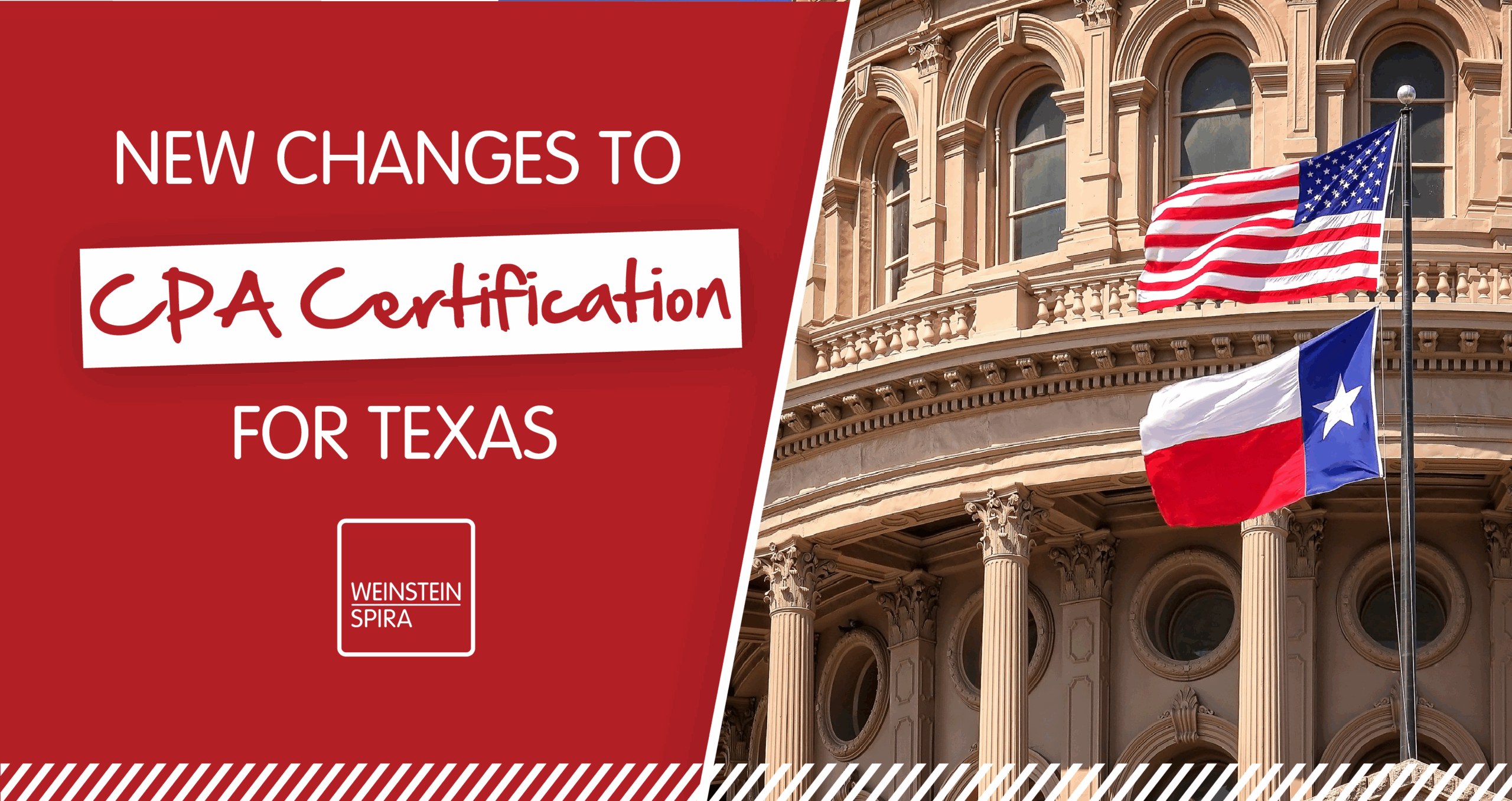After six years of working as an auditor, surviving just as many busy auditing seasons, I have learned how to work in a whole different world that keeps me continually on the go! This experience has led to fine-tuning the contents of my audit bag, so that it holds all the necessities I could possibly need at the client site on any given day. Since auditing jobs require being away from my “home base” office for extended periods of time (from several weeks to several months), I consider a well-organized, well-thought-out audit bag to be a virtual lifeline and critical to success. It can be both interesting and challenging to anticipate all types of scenarios that might arise and how to prepare for them. In this blog, I’ll share what has served me well.
Types of Bags
We tend to take a lot for granted in a regular office setting with desk drawers, storage closets and supply cabinets. But, on-the-go auditors have to rely on their bag(s) instead. What I recommend is actually having different types of bags for different purposes:
- A small bag (briefcase or backpack) — to carry portable essentials for use each day (e.g., laptop)
- A large bag (preferably with wheels) — for moving in/moving out long-term items that can be safely left overnight
- Additional bag for extra goodies (optional, but a really good idea) – this might be in the form of an insulated lunch tote that will also hold a cold drink and perishable snacks, like fruit or cheese
Setting up my Space
Although temporary, I do like to get settled into my assigned space at the client’s location, whether it be a small cubicle or a large conference room…you never know which. So, on day one, I scope out my accommodations and then bring in things that I know will fit and also be safe to leave throughout the duration of the job. This includes comforts, such as a small portable fan (in case of no A/C), as well as my must-have tools of the trade: another computer screen, multiple notebooks for list making and note taking, several pads of sticky notes, an assortment of writing utensils (not just black pens, but also colored pens and highlighters), a mouse pad, extra mouse batteries, a stapler and binder clips. Other things that might fit this category are a lumbar back support for my chair and wrist supports for my hands, as you’re pretty much on your own regarding ergonomics.
The Daily Basics
At a minimum, my daily audit bag contains work essentials, like a laptop, mouse and power cords, along with my cell phone and charger—cell phones become the main means of communication without having a dedicated phone line. Additionally, I bring any needed medications (Tylenol, sinus medicine), as well as snacks (protein bar, pop tart, etc.) to survive if I can’t get to actual food. In locations off the beaten track, I find it helps to bring lunch from home, as restaurants may not be close-by; otherwise, I look forward to getting out for a bite to eat, as it breaks up the day and kitchen facilities are not always available. I also bring plenty of change for vending machines in a pinch, especially if working long hours and tied to my desk. Then, there are my trusty personal items, such as bobby pins or pony tail holders, and contact lens solution.
Additionally, as an audit supervisor, I try to anticipate things my staff may need at the client site. That first busy season, there are a lot of things a new auditor won’t realize they need, so I try to help and provide any guidance or hard lessons learned. And to reward them at the end of a busy week, I will often suggest an offsite meal together or even an ice cream cone, with occasional early dismissal—turning the client location into a fun experience.
In Closing
This type of on-the-go work style may not be for everyone; it takes a certain type of personality to pack up and move around all the time. You never know where you will be, who you will working with (other than a few audit team members), and what your setup will look like. With all of these unknowns, you have to mentally prepare yourself. Having a well-packed audit bag goes a long way to keeping calm, being organized and ready to work.
Going from place to place, meeting new people, working in different atmospheres suits me well and I’ve had many staff auditors join me who feel the same way. I really love it and look forward to each new client location where I will be bringing my audit bag and staying for a while. I hope you do, too.


